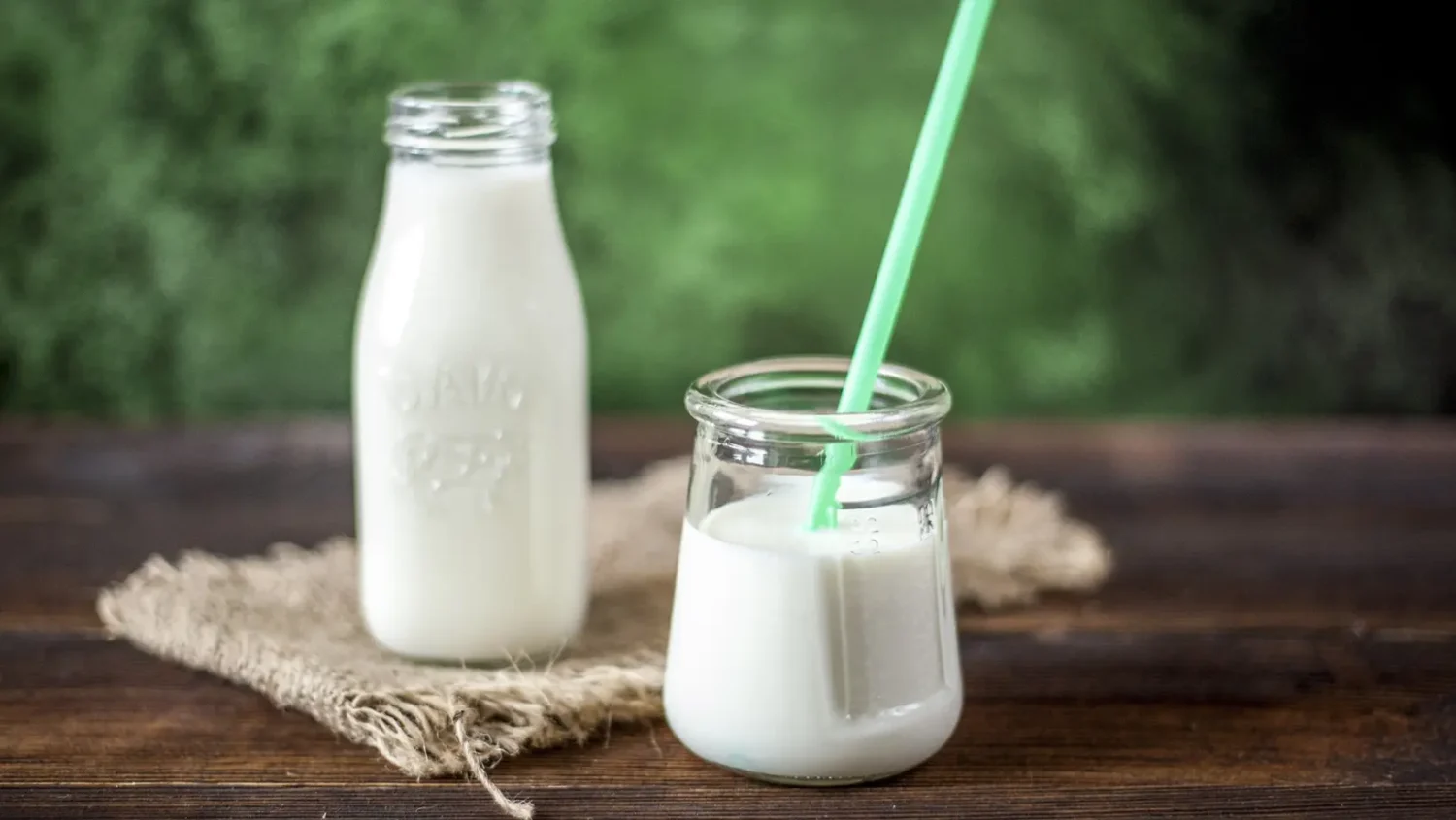Marie, my baby is almost a year old, and I would like to give him 2% milk. Why do people keep telling me that I have to continue with 3.25% milk? Thanks for your help, Léonie.
Léonie, your baby needs fat and iron in his milk for his rapid growth. We suggest milk with 3.25% fatty matter after 9 months for babies born at term and healthy (expected weight and growth curves) who eat from all food groups. Some parents prefer starting cow milk after one year. That’s fine as well, but for babies who are less tolerant, perhaps born prematurely, with growth curves at are lower than average, waiting until 12 months (or later for specific cases) is best for introducing cow milk.
Also, the milk must be pasteurised to prevent infections (bacterial or other) that can be attributed to raw milk. Vitamin D should be added to increase the nutritional value of the milk to meet your child’s needs.
Milk with 2% fatty matter, or skim milk, do not have enough fat for the accelerated brain development of babies. That is why people are telling you to continue with 3.25%, to maximise your baby’s growth potential. Starting from 2 years of age, your baby can drink 2% milk and eat other dairy products, such as yogurt or ice cream.
1% or skim milk, sweetened milk or soy drinks are not suitable for babies under one year of age.
Léonie, I hope this helps!
Talk soon,
Marie
The Baby Expert


